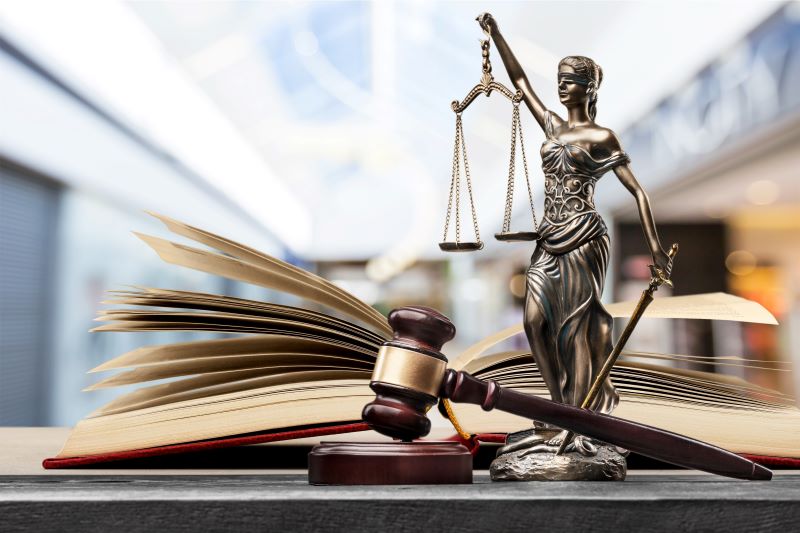In our legal system, appeal courts are like superheroes, making sure that justice stays strong and true. They do much more than just check – they guard fairness, fix legal mistakes, and make sure things are consistent.
We are going to discuss why appeal courts are so important in keeping our legal system fair and just.
Making Sure Everyone Gets a Fair Chance: The Basics of Justice
Appeal courts are like superheroes because they make sure everyone gets a fair chance in court. Imagine trial courts as the first try, and appeal courts as the second look. They review what happened in the trial to make sure it was fair for everyone involved. This fairness is like the foundation of a strong and reliable justice system.
The Appeal Lawyer: Your Legal Guide
A special hero in this process is the appeal lawyer. They’re like guides who know a lot about the rules of appeals. The work of an appellate attorney is to check what happened during the trial, find any mistakes, and then explain to the appeal court why things need to change. These lawyers aren’t only about finding errors; they act like heroes for their clients, ensuring their voices matter and are thought about to achieve a fair result.
Going deeper into what these appellate attorneys do, they’re not just finding mistakes – they’re telling a story that makes sense to the appeal court. This story includes legal rules and the specific details of their client’s situation. It’s like they’re painting a picture with words to show why their client deserves a fair review. So, the post-conviction lawyer is not just a guide; they’re a dedicated hero fighting for justice.
Fixing Mistakes: Keeping Justice on Track
Legal systems are not perfect. Mistakes can happen in trial court decisions. Appeal courts come to the rescue by fixing these mistakes. Think of it this way: appeal courts are like fixing a wrong direction to make sure the legal system stays on the right track. If there’s a mix-up about the law or using the rules the wrong way, appeal courts step in to make things right and ensure justice is done.
Consistency is Key: Trust in the Legal System
Imagine if the rules changed every time. It would be confusing and unfair. Appeal courts make sure things stay consistent. This means they treat similar cases in a similar way. It’s like having the same rules for everyone, making the legal system predictable and trustworthy. This consistency is not just a routine; it’s a deliberate effort to create a legal system that reflects what people expect and understand.
Looking at the Facts Again: Getting the Whole Picture
Another important job of appeal courts is looking at all the facts from the trial. It’s not just a second look; it’s a careful examination to make sure everything was considered properly. This detailed review helps to avoid missing important details and ensures that the appeal court makes a decision based on all the facts.
Playing Fair with Procedures: How Things Are Done Matters
Think of procedures as the way things are done in court. Appeal courts check to make sure everything was done fairly. It’s not just about the outcome; It’s not just about what happened; it’s also about how things were done. This promise to be fair ensures that everyone, no matter their situation, has an equal opportunity in the legal process.
Brownstone Appeal Lawyers: Heroes of Justice
In the world of appeal law, Brownstone Appeal lawyers are like the superheroes of legal excellence. They go beyond just knowing the rules; they are strong advocates for justice. Their dedication is not just a job – it’s a mission to make sure every case gets a fair review. Brownstone Law Appeal lawyers are a shining example of what it means to be dedicated to justice, just like appeal courts aim to be.
In wrapping it up, appeal courts play a huge role in making sure our legal system stays fair and just. They guard fairness, fix mistakes, keep things consistent, look at the facts again, and make sure procedures are fair. The post-conviction lawyer, especially heroes like Brownstone Appeal lawyers, is a key part of this mission. They guide and fight for justice, ensuring that the legal system remains a place where everyone can trust they will be treated fairly.

